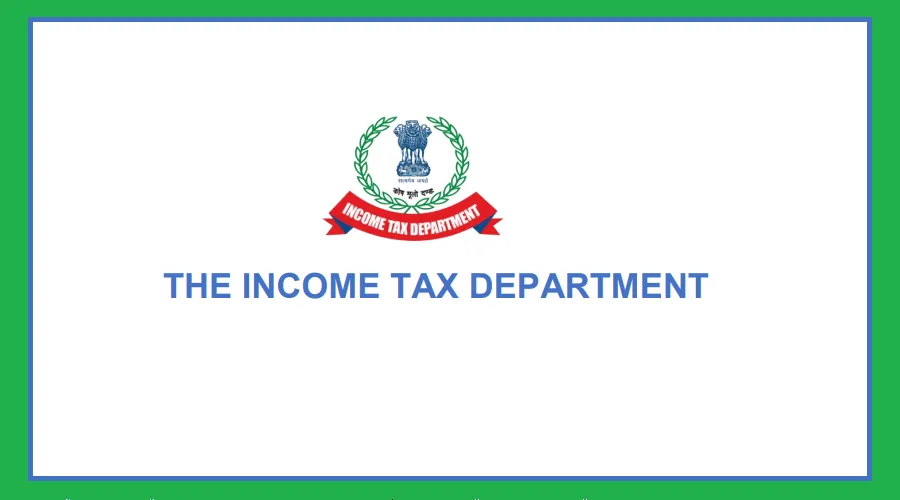The Income Tax Department is set to alert taxpayers who may have undisclosed foreign assets.
The Central Board of Direct Taxes (CBDT) will begin its second NUDGE initiative on November 28, 2025.
This initiative encourages individuals to voluntarily review and correct their income tax returns (ITRs) to avoid penalties.
Under this campaign, taxpayers will receive SMS and email advisories, asking them to revise their returns by December 31, 2025 if necessary.
What the NUDGE Campaign Focuses On
The campaign targets accurate disclosure of foreign assets and foreign-source income under the Income-tax Act, 1961, and the Black Money (Undisclosed Foreign Income and Assets) and Imposition of Tax Act, 2015.
Initially, the CBDT will reach out to about 25,000 high-risk cases.
From mid-December, the campaign will expand to cover more taxpayers, including corporates whose employees hold foreign assets but have not disclosed them.
Industry bodies like ICAI are also helping to spread awareness.
Non-disclosure of foreign assets can attract:
₹10 lakh penalty
30% tax on undisclosed income
300% penalty on tax payable
How the CBDT Identifies Foreign Assets
India receives information about overseas accounts through:
Common Reporting Standard (CRS) from partner countries
FATCA data from the United States
The department uses advanced data analytics to identify mismatches between reported and actual holdings.
The first NUDGE campaign, launched in November 2024, was highly successful.
Nearly 24,678 taxpayers updated their returns, reporting foreign assets worth ₹29,208 crore and foreign-source income of ₹1,089.88 crore.
What Taxpayers Should Do
If you receive an SMS or email under this campaign:
Review your ITR carefully.
Ensure all overseas accounts, foreign investments, and foreign-source income are correctly reported.
File revised returns by December 31, 2025 to avoid penalties.
The CBDT emphasizes that voluntary disclosure builds trust and prevents stricter scrutiny later.
Non-compliance may lead to further verification and legal action.

























